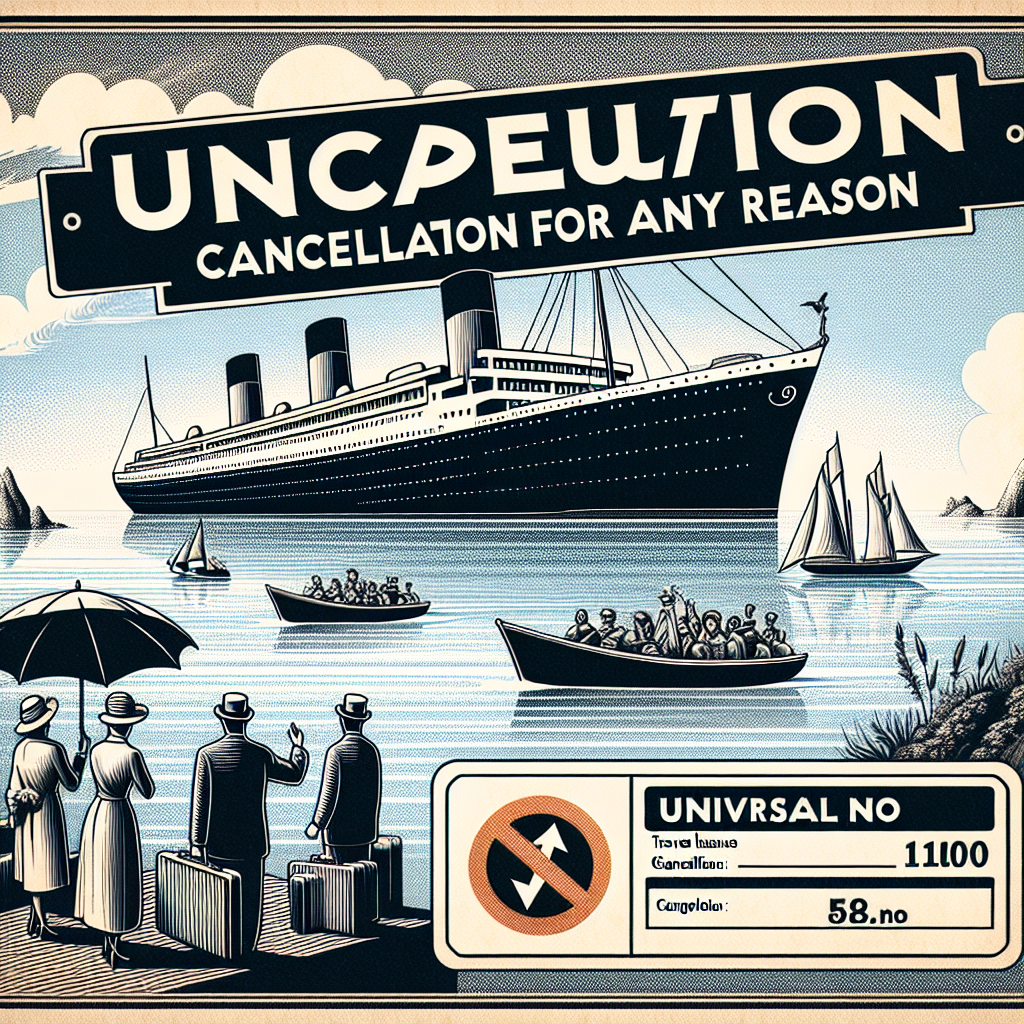Filed under Health Insurance on
Understanding Health Insurance Options for Franchises

Navigating the complexities of health insurance options for franchises can be a daunting task for franchise owners and employees alike. With numerous types of plans, benefits, and legal requirements to consider, making the right choice is crucial. Not only does the right health insurance plan protect the health and well-being of employees, but it can also significantly impact the financial success of the franchise itself. This guide aims to shed light on the fundamental aspects of choosing the appropriate health insurance for franchises, providing practical advice and real-life examples along the way.
The Importance of Health Insurance for Franchises
For any franchise, health insurance is not merely a legal requirement but a cornerstone of its human resources strategy. Offering competitive health benefits can attract and retain top talent, reduce absenteeism due to health issues, and foster a more satisfied and productive workforce. Franchise owners must navigate a complex landscape of health insurance options, balancing cost with coverage to find the best fit for their business.
Challenges in Offering Health Insurance for Franchises
Franchise owners face unique challenges when providing health insurance. These can include variations in state regulations, differing franchisee goals, and the diversity of franchisee locations. For many, the challenge lies in offering a comprehensive plan that caters to different employee needs while keeping costs manageable. Additionally, understanding the nuances of national and state regulations and their impact on the type of insurance offered can be a time-consuming endeavor.
Different Types of Health Insurance Plans
- Health Maintenance Organization (HMO): These plans require members to use healthcare providers within their network. HMOs usually have lower premiums and minimal paperwork but require referrals to see specialists.
- Preferred Provider Organization (PPO): PPOs offer more flexibility in choosing healthcare providers and do not require referrals to see specialists. They typically come with higher premiums compared to HMOs.
- Exclusive Provider Organization (EPO): EPOs are similar to PPOs but with no out-of-network benefits. They balance between cost and flexibility without needing referrals.
- Point of Service (POS): These plans blend features of HMOs and PPOs. Members can choose between network providers or out-of-network providers, with referrals needed for specialists.
- High-Deductible Health Plans (HDHP) with Health Savings Accounts (HSAs): HDHPs have lower premiums and higher deductibles. When paired with HSAs, they offer tax advantages that can help cover out-of-pocket medical expenses.
Choosing the Right Plan for Your Franchise
Selecting the right health insurance plan for your franchise involves considering factors such as employee needs, operational budgets, and the geographic locations of your franchise units. A well-thought-out plan can ensure maximum benefits for employees while maintaining cost-efficiency for the business.
- Employee Demographics: Know the general healthcare needs and preferences of your workforce. Younger employees might prefer lower premiums and higher deductible plans, while a workforce with families might prioritize broader coverage options.
- Location: Consider the availability and popularity of certain healthcare providers in the areas your franchise operates. This can influence the practicality and attractiveness of specific insurance plans.
- Cost Considerations: Balance between the premium costs and the benefits offered by the plan. Offering a mix of plans with varied coverage levels allows employees to select plans that best meet their financial and health needs.
Legal Considerations and Compliance
Franchise owners must also be aware of regulatory requirements such as the Affordable Care Act (ACA) and state-specific laws to ensure compliance. Non-compliance can lead to steep penalties and affect employee retention.
- ACA Standards: The ACA mandates that businesses with 50 or more full-time equivalent employees provide health insurance that meets minimum essential coverage standards. Ensure your franchise is in compliance to avoid penalties.
- State Regulations: Some states have additional rules that franchise owners need to follow. This can include specific coverage requirements or mandated benefits.
Common Pitfalls and How to Avoid Them
Ignoring state-specific laws or not comprehensively educating employees about their health insurance options are common pitfalls that can lead to inefficiencies and dissatisfaction. Conduct regular training sessions for both management and employees to keep everyone informed.
Real-Life Example: A Success Story
Consider the example of a small franchise owner operating several café locations across three states. Initially, the owner struggled with high turnover rates, partly due to inadequate health benefits. By implementing a PPO plan with flexible coverage options and educating employees about how to maximize their benefits, employee satisfaction soared. The investment not only reduced turnover but also attracted high-quality candidates, thus improving the overall productivity of the cafes.
Frequently Asked Questions
1. What are the primary benefits of offering health insurance to franchise employees?
Providing health insurance to franchise employees can improve job satisfaction, attract new talent, reduce turnover rates, and ensure a healthier, more productive workforce. It demonstrates that the franchise values its employees' well-being.
2. How can franchise owners reduce the cost of health insurance?
Franchise owners can reduce costs by choosing high-deductible plans paired with HSAs, negotiating with multiple providers for better rates, and encouraging employees to participate in wellness programs that can lead to lower premiums.
3. What should franchise owners consider when choosing a health insurance provider?
When selecting a provider, consider their network size, the range of plans offered, customer service quality, and the overall cost relative to the benefits provided. It’s also wise to seek feedback from existing franchisees or businesses of similar size and structure.
4. Are there alternative solutions to traditional health insurance for franchises?
Alternatives include health reimbursement arrangements (HRAs) where employees are reimbursed for medical expenses, or healthcare-sharing programs although the latter may not meet ACA requirements and vary in reliability and scope.
5. How do legal requirements for health insurance differ between states?
Legal requirements can vary widely and may include additional benefits that are either optional or mandatory. Franchise owners should reach out to state health departments or legal advisors for up-to-date and state-specific regulations.





